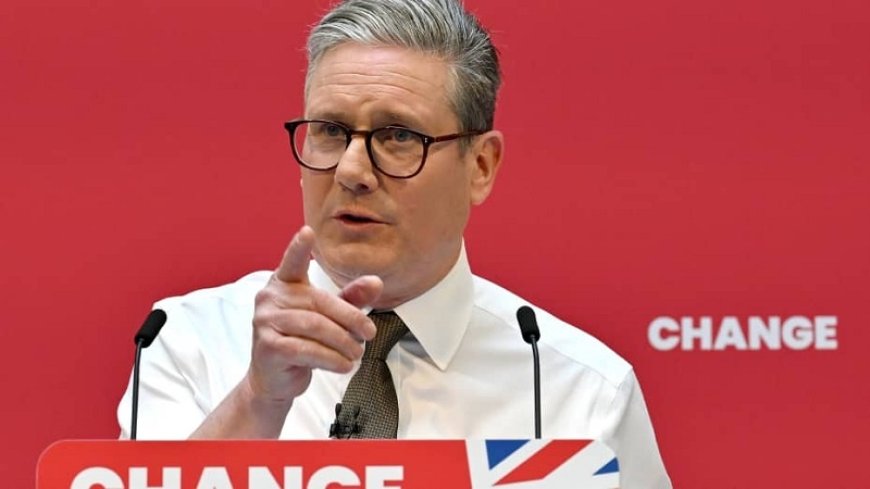Starmer: I am not ready to continue the plan to deport immigrants and send them to Rwanda

The newly appointed British Prime Minister, Keir Starmer, has declared that his administration will not pursue the controversial plan to deport migrants to Rwanda, a policy put forth by the previous Conservative government.
In his first press conference, Starmer stated unequivocally, "The Rwanda initiative was dead and buried before it started," signaling a definitive end to the policy. This marks a significant departure from the stance of former Prime Minister Rishi Sunak, who was adamant about implementing the plan as part of his efforts to "stop the boats" crossing the English Channel from France. Sunak's approach faced substantial opposition from human rights groups and legal challenges.
Starmer criticized Sunak's policy as ineffective and pledged to address the root causes of illegal immigration. "The Sunak policy was neither a solution nor worth anything," Starmer remarked, promising to tackle the issue fundamentally by dismantling people-trafficking gangs that exploit vulnerable migrants.
Context and Statistics
The issue of migrants crossing the English Channel remains a pressing concern. According to the UK Home Office, an estimated 12,313 people have made the perilous journey to the UK this year, marking an 18% increase compared to the same period last year. This rise highlights the ongoing challenges faced by the UK in managing its borders and ensuring the safety and security of migrants.
Political and Social Implications
Starmer's decision to abandon the Rwanda deportation plan has garnered mixed reactions. Human rights organizations have welcomed the move, viewing it as a step towards more humane and just immigration policies. Conversely, critics argue that it may encourage more illegal crossings and strain the UK's immigration system.
The Labour Party, under Starmer's leadership, has committed to seeking comprehensive solutions that address the underlying issues driving illegal immigration. This includes international cooperation to tackle human trafficking and creating safer, legal pathways for migrants and refugees.
Looking Forward
As the UK navigates this complex issue, the Starmer administration faces the challenge of balancing humanitarian concerns with the need to maintain border security and public confidence. The Prime Minister's approach will likely involve a combination of stricter enforcement against trafficking networks and enhanced support for legal immigration processes.
The international community and domestic stakeholders will be closely watching how Starmer's government handles these issues, which have significant implications for the UK's social, economic, and political landscape.













































